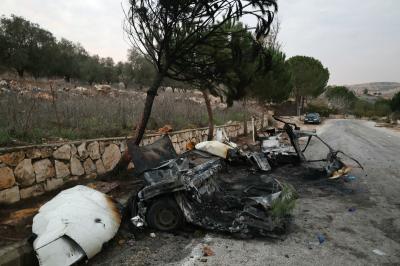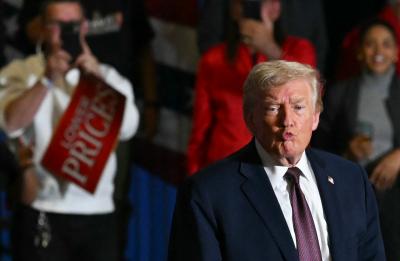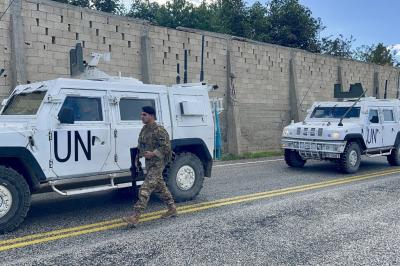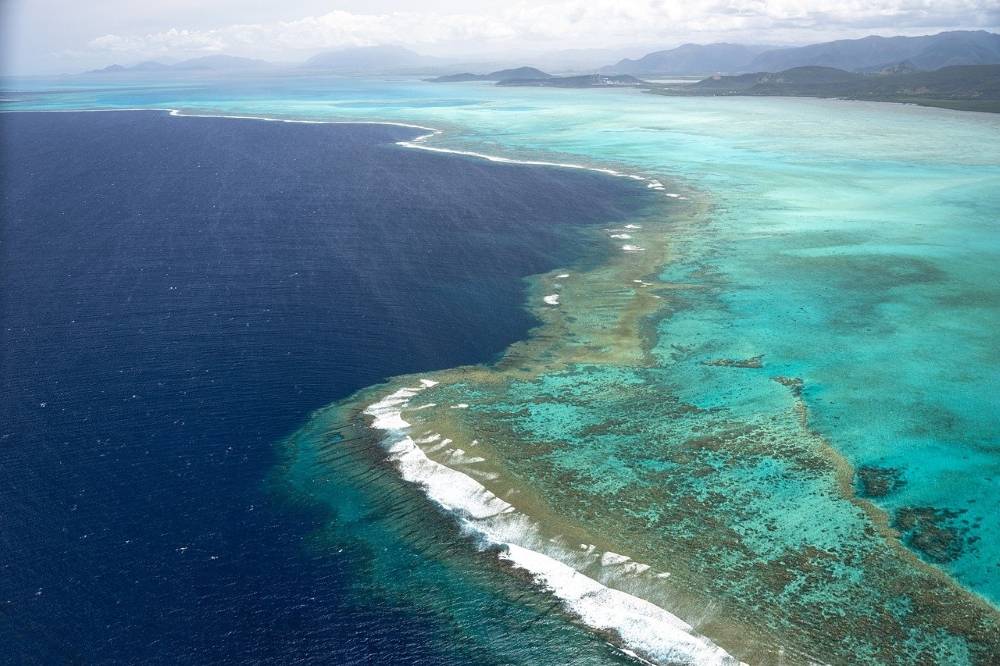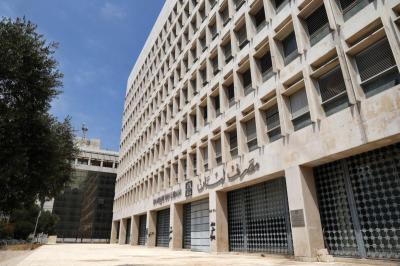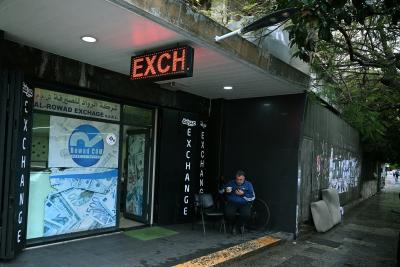State of emergency, constitutional amendment of the electoral system, and economic crisis – French New Caledonia presents a multifaceted challenge.
The key sector is nickel, with the archipelago holding 20 to 30% of the world's resources. Nickel is used in the composition of electric batteries and especially stainless steel, for which global demand is high. This mining sector is the largest employer in New Caledonia, representing 20 to 25% of the archipelago’s workforce. However, the price of nickel has collapsed by nearly 50% last year, leading to considerable financial losses for New Caledonia's three nickel plants. The French group Eramet, the largest employer there, saw its sales drop by 50%. Another plant has shut down, leaving 1,750 employees jobless. The economic situation has become a significant social problem, adding to the political issues.
Although global demand for nickel is strong, two main reasons explain the economic difficulties of the archipelago: the surge in energy prices and competition from Indonesia, the world's leading nickel producer, which has significantly increased its production capacities in recent years. Consequently, the price of nickel has collapsed, leaving New Caledonia's economy in great difficulty. The territory’s public finances are strained, even though Bercy (the French Ministry of Economy and Finance) plans to provide several hundred million euros in subsidies. This degraded economic situation adds to social unrest and thus to the political disagreements over the constitutional reform of the voting system.
New Caledonia is located in the middle of the Pacific Ocean. It is a French presence 17,000 kilometers from the mainland, strategic from both a geopolitical and mining standpoint. However, China, which continues to strengthen its maritime presence in the Pacific, is eyeing New Caledonia's nickel and its strategically important position. The Middle Kingdom is weaving its web in this vast ocean. Could this extend to supporting the Kanak independence movements? The question arises. We should not be naive. During his recent visit to France, did President Xi Jinping discuss this issue with Emmanuel Macron?
Please post your comments on:
[email protected]
 Politics
Politics
